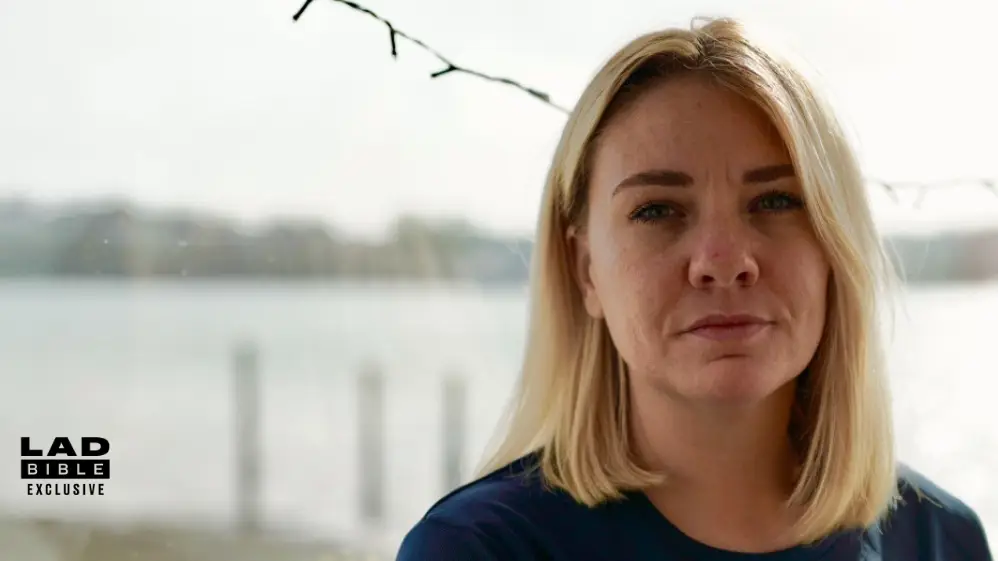
Words by James Lloyd
Rowing thousands of miles across the treacherous sees of the Atlantic Ocean is by far one of the most challenging tests of human endurance, both physically and mentally.
A little more than 800 attempts have been completed from east to west, and when considering the billions of people that have occupied this planet, it demonstrates the scale of the challenge.
Facing unpredictable weather conditions that can whip up 20ft high waves, an enourmous expanse of sea with no ending in sight for weeks on end, and the physical demands of your body being subject to relentless repetitive action throughout is what awaits anyone who dares to take it on.
Advert
Sophie Pierce will be the first person with cystic fibrosis to do just that, travelling from Lanzarote to Antigua.
A historic achievement when you consider what she's been through and when, at best, her lungs operate at 71 percent capacity.
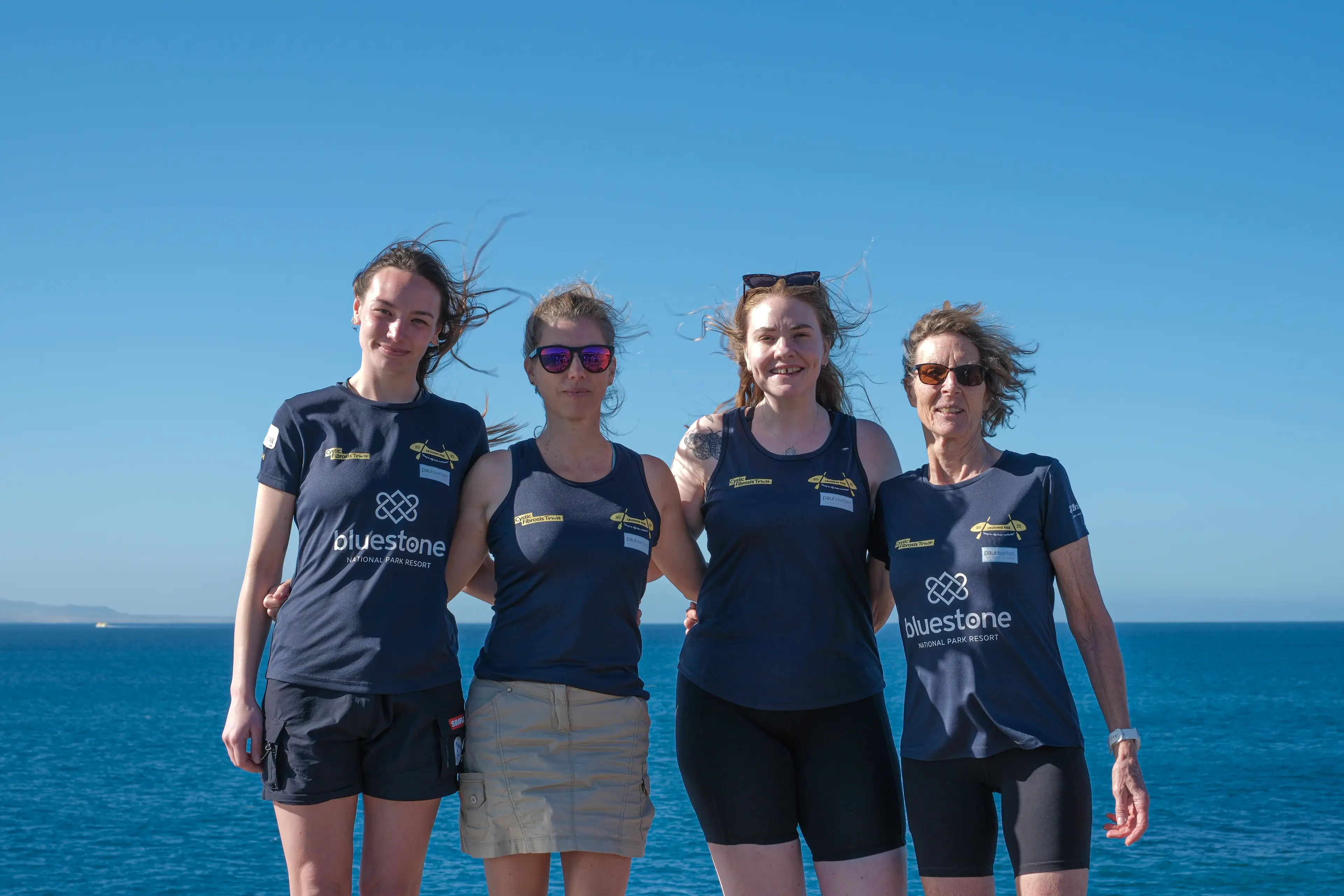
At 32 years old, Sophie is a social worker and rowing coach in Pembrokeshire. However, she is also one of 11,000 people in the UK with the most common rare disease.
“People have this preconceived idea that I need sympathy or that I’m an inspiration because my life must be terrible," she shared. "But living with a chronic health condition is more complicated than that.”
Having suffered from the disease her whole life, Sophie struggled to make peace with the condition while those around her led unrestricted lives.
“I used to be really embarrassed by my cystic fibrosis. I thought it was a weakness.”
“I was struggling to work full time, and breathing was difficult. I couldn't laugh without having a coughing fit. I spent hours every day doing treatments to try and clear my lungs.”
But at 21, Sophie was determined not to be held back by the disease and climbed Kilimanjaro, raising money for the Cystic Fibrosis Trust for the first time.
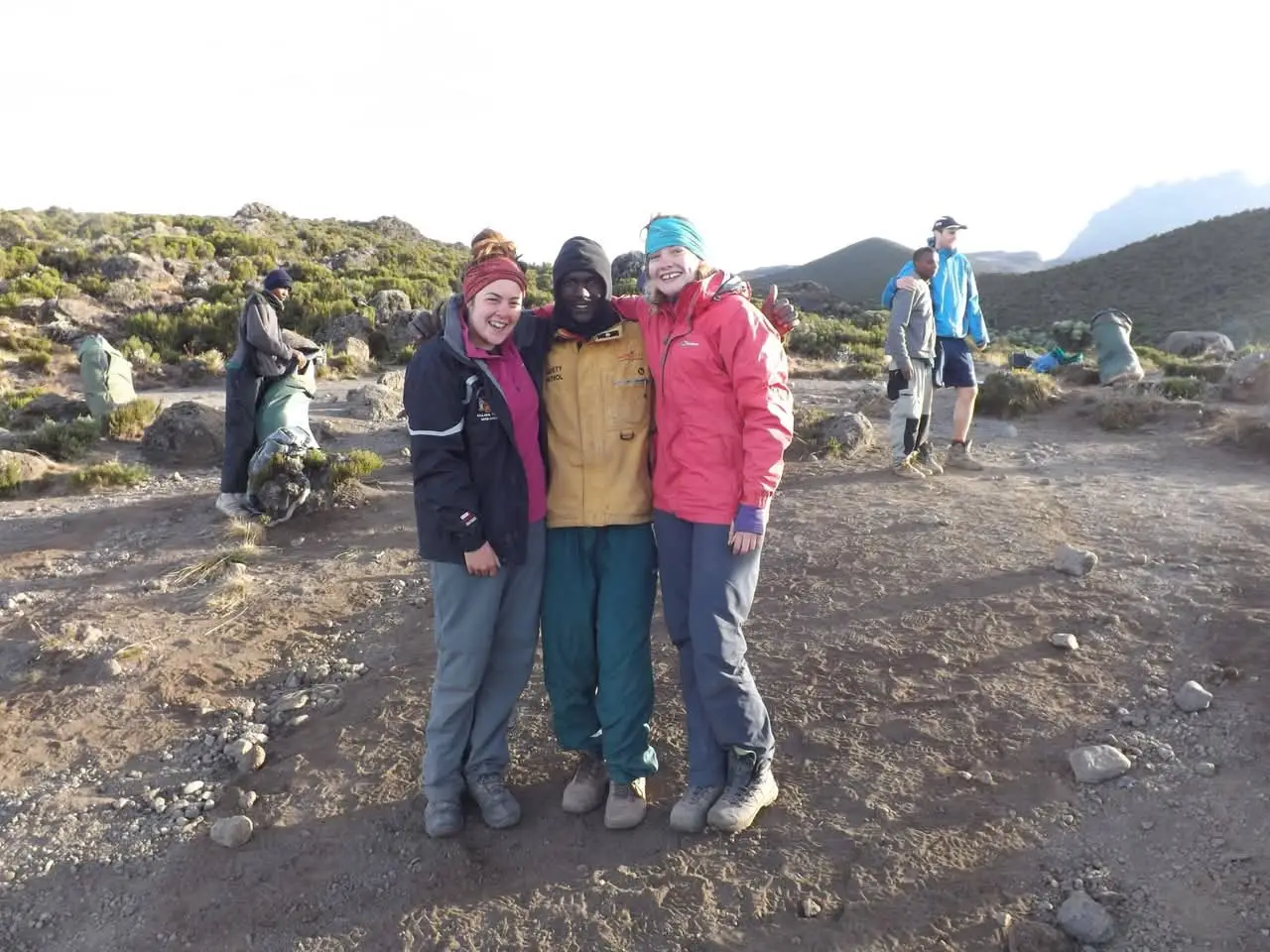
It was the first time she began speaking about living with CF, but she spoke with a forced positivity.
“I was trying to convince myself that it wasn’t stopping me, but in reality, I was spending loads of time in the hospital, getting more poorly. I couldn't acknowledge it because it was too scary - it was going to kill me.”
What is Cystic Fibrosis and how does it affect people with the condition?
Cystic Fibrosis is a faulty gene that causes some cells responsible for creating mucus, sweat and digestive fluids to struggle with moving salt and water across the cell wall. The fluids become sticky and thicker than normal, causing blockages, especially in the lungs and pancreas.
The build-up of mucus causes the perfect breeding ground for infection, and because they happen so often, lung function is reduced by scarring and plugs of uncleared mucus that require daily treatment.
It also effects the pancreas’ ability to create enzymes needed to break down food. Being underweight and malnourished is a common symptom of the disease.
The average life expectancy for those with the condition is much lower, with only half of those with the disease living past the age of 40. It took a huge toll on Sophie’s mental health.
“I couldn’t deal with what was happening to me. I felt out of control, but I was trying so hard to control it all, and I started having panic attacks.”
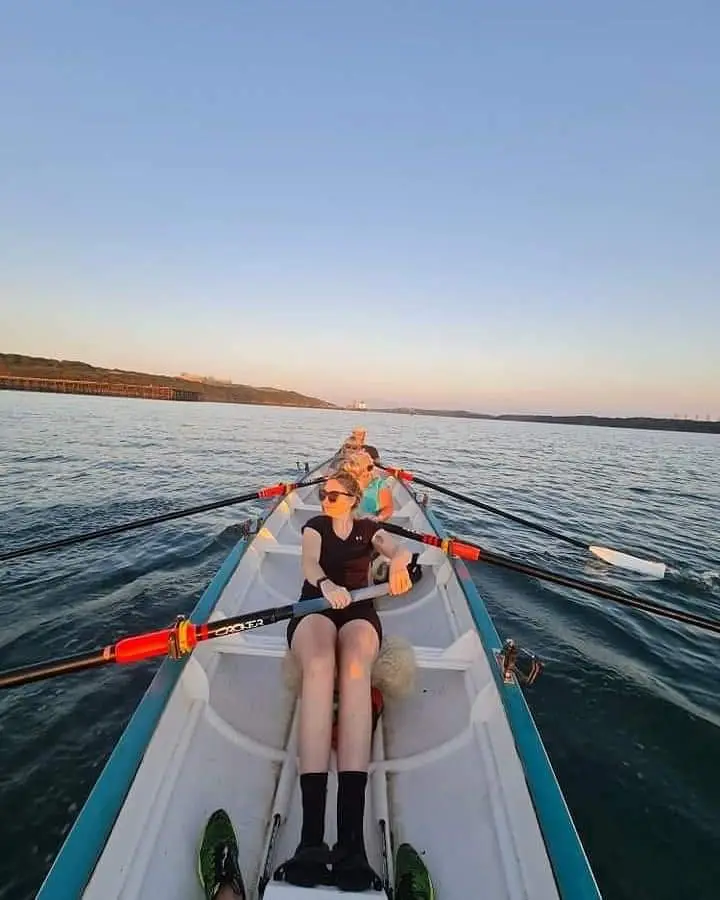
Therapy sessions were offered as part of her cystic fibrosis treatment at Cardiff. At first, Sophie insisted she 'didn’t need' therapy, but 'one day it all came out'.
"I couldn't breathe, for crying. I remember thinking, how am I going to get these words out? And all I said was, ‘Sometimes I feel really sad about living with cystic fibrosis.’”
It was the first time Sophie could 'accept' that the disease was a part of her life. Acknowledging how it made her feel changed her approach to the disease and mental health.
“Good mental health doesn’t always mean being positive or happy. It means to feel all our feelings and emotions, understanding that’s part of the human experience. Denying negative feelings only creates a blockage.”
Accepting she couldn’t control her CF and not blocking her emotions meant she’s 'not had a panic attack since'.
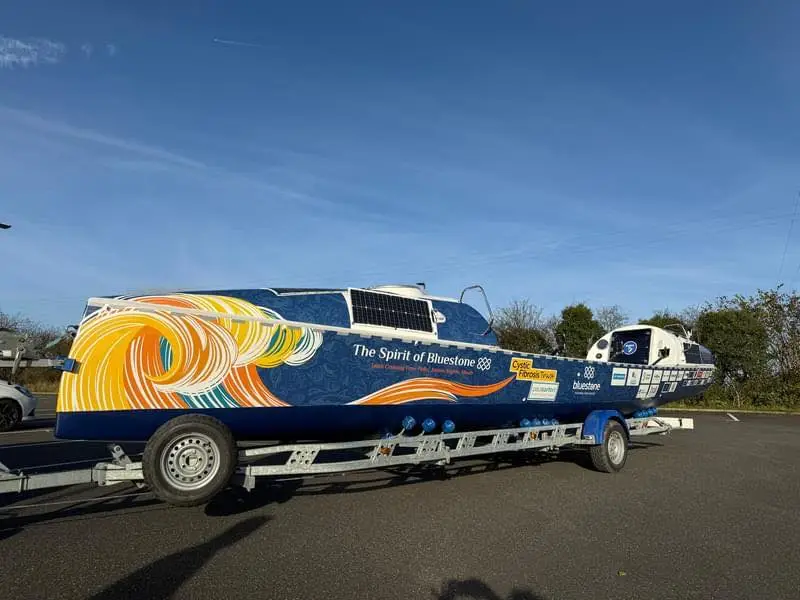
Undergoing a new clinical trial to treat cystic fibrosis
Sophie was able to face the challenges of the disease and live a fulfilling life, but she was 'spending loads of time in hospital getting more and more poorly'.
“I was down to 55 percent lung function, having lost 20 percent in 5 years. When you get to 30 percent lung function, they start talking about a double lung transplant. My future wasn’t looking very positive.”
Then a new cystic fibrosis treatment called Kaftrio was being trialled in the UK.
Unlike previous treatments that managed symptoms, Kaftrio tackled the disease on a cellular level. It improves the activity of the defective cells, enabling them to move salt around the body.
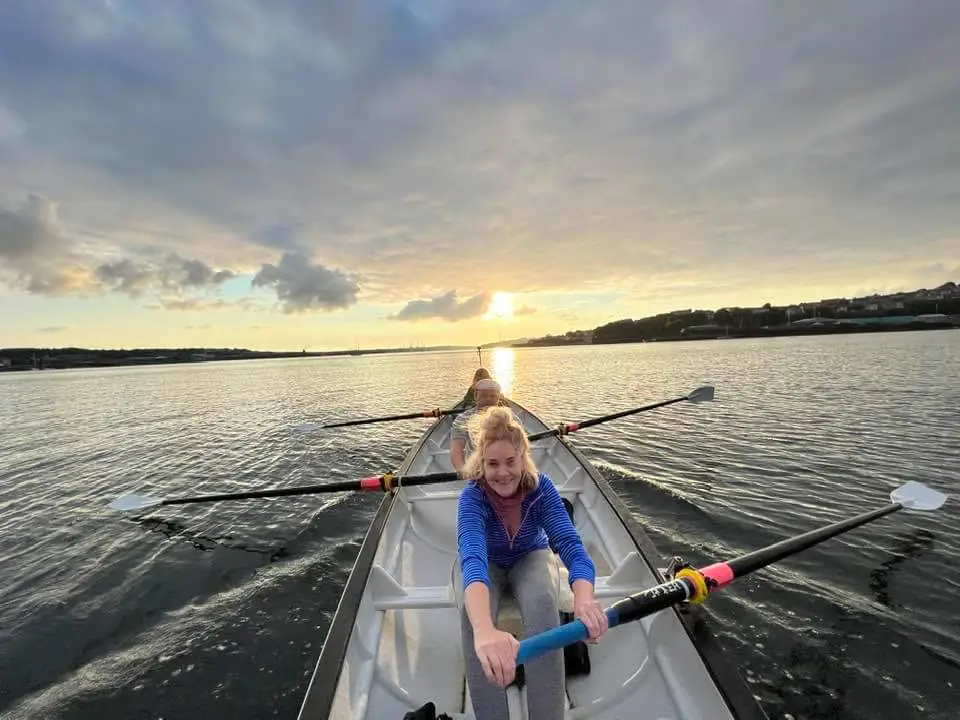
“I was really fortunate to get the last spot on a clinical trial and overnight, it completely changed my life.”
My lung capacity at its best is now 71%, improved by removing old mucus through the treatment, while Kaftrio limits any further damage.
It improved the function of Sophie’s pancreas as well. “I used to need 30 percent more calories because my body couldn't absorb the nutrients. After Kaftrio, I carried on eating the same amount. I laugh now looking back - I put on 10 kilograms in six months!”
One way to diagnose cystic fibrosis is by using the sweat test, but Kaftrio completely changes the results. “If I were to take that test now, it would come back negative for the disease.”
Sophie began the treatment five years ago, and it changed the course of her life. She became less restricted, and could consider new horizons like the distant shore of Antigua.
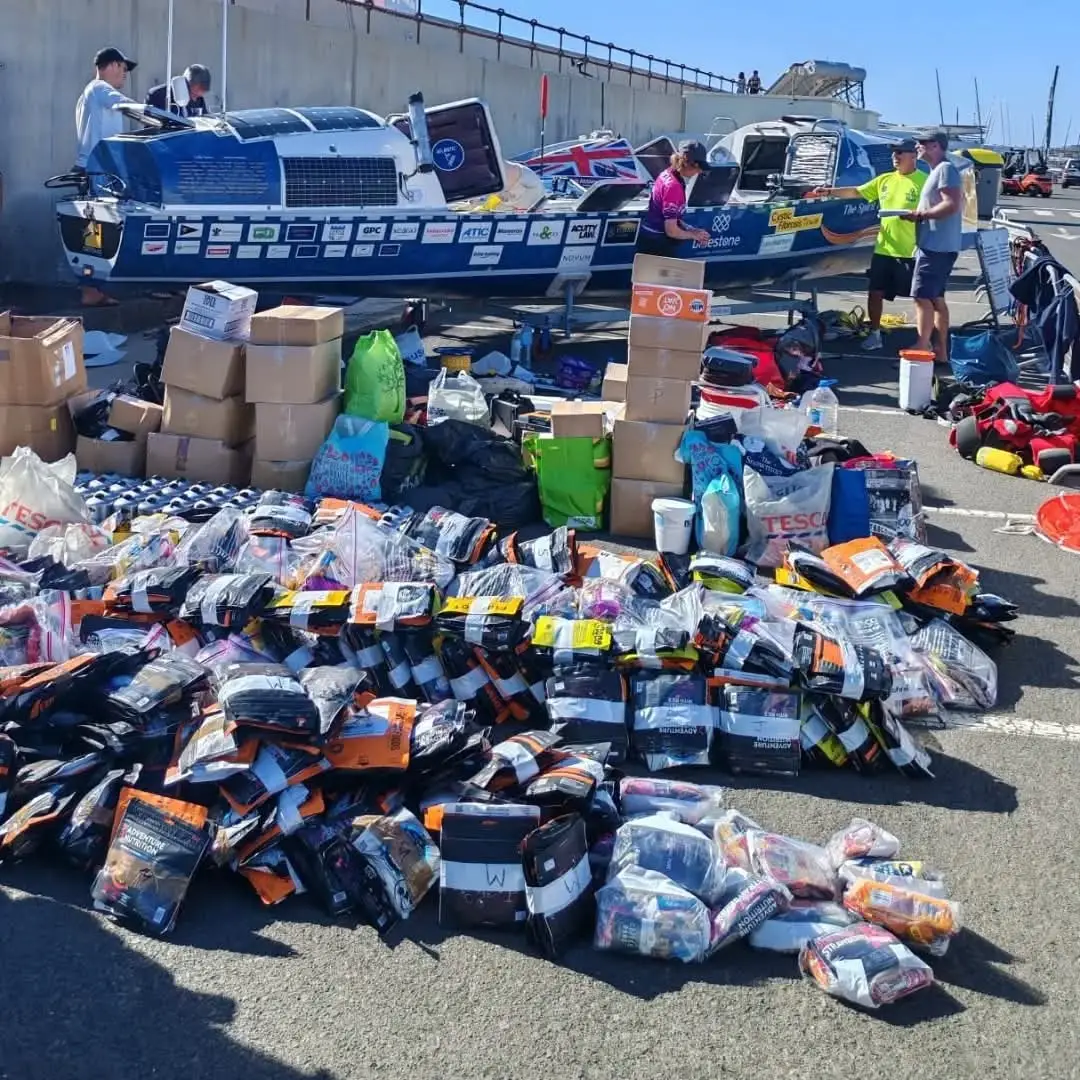
Deciding to row the Atlantic and initially being rejected
The idea was sparked by her friend Janine at their rowing club. “Janine asked if I’d ever considered rowing across the Atlantic, but it took months of conversations and research into the requirements.”
Sophie would make a world record for being the first man or woman with cystic fibrosis to row across the Atlantic, while at 70 years old, Janine would break the record for being the oldest woman. They soon gained Polly and Miyah to make an all-female team of four.
They first signed up for The World’s Toughest Row, but it was the beginning of the many challenges.
“They rejected our application because of my cystic fibrosis. There was no conversation. They just said no.
“I was really disheartened, but then we discovered the Atlantic Dash. We emailed and asked if they would be willing to have a conversation, and Billy, the race organiser agreed to sign us up to the event after a meeting with my consultant.”
Once accepted, they began the overwhelming task of fundraising to get them to the startline. They needed to raise £100,000 for the boat and all of the equipment needed to make the crossing while also pioneering ways of rowing an ocean with cystic fibrosis.
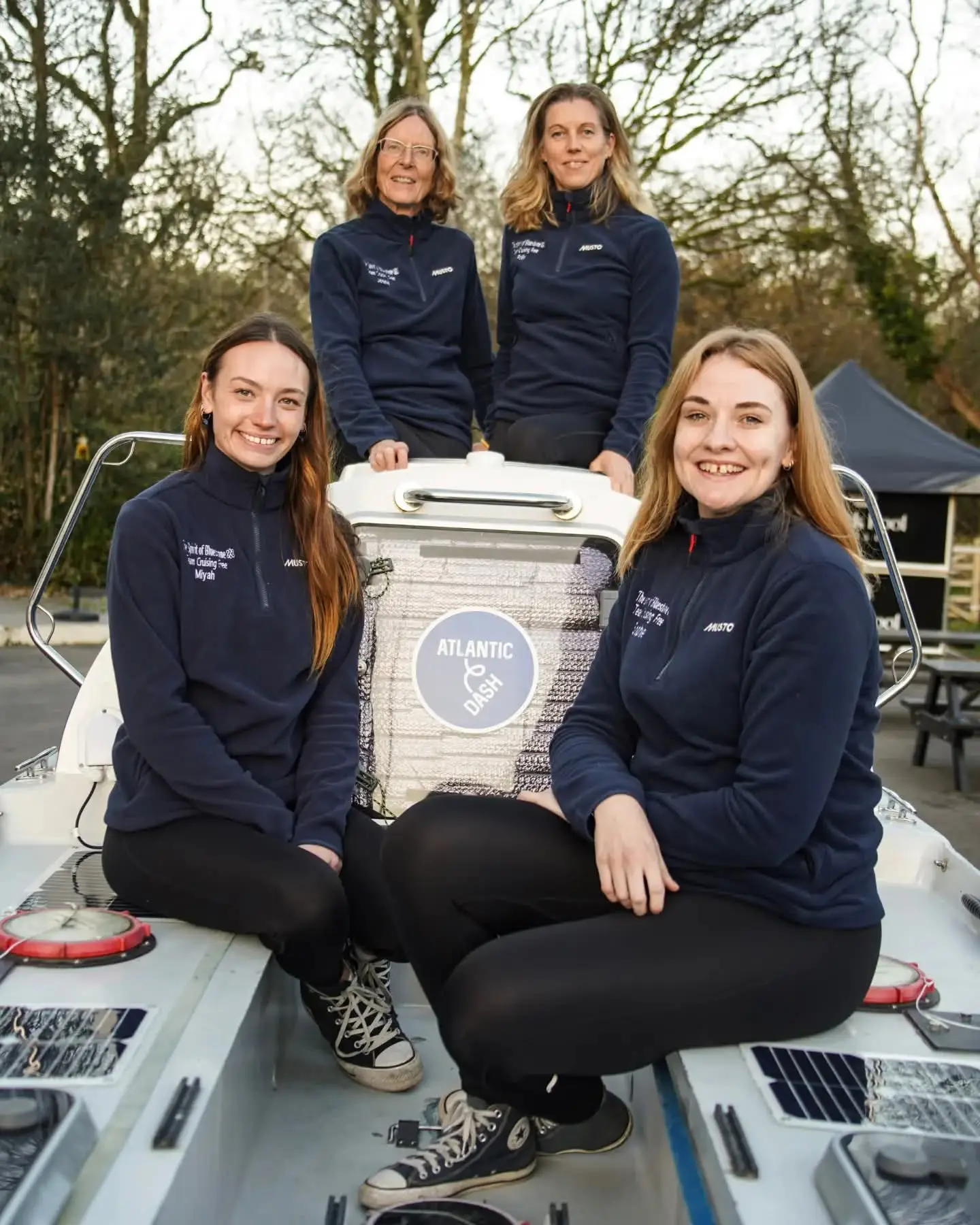
Navigating the Atlantic Ocean with cystic fibrosis
“We had to be really creatqive to find solutions to rowing an ocean with CF. It hasn’t been done before, and we've had to think about facilitating my treatment or what happens if I’m not well."
Sophie has had consultations with a number experts to make sure she can stay healthy. The way she receives treatment on land wouldn’t work at sea.
“My nebuliser for my lung treatment wasn't suitable to take on the boat because it was too bulky and needed mains power. My consultants contacted the manufacturers, and they sent me a new nebuliser that could be charged via USB.”
Medical equipment was also needed to safeguard against the rigours of an ocean crossing.
“The Assistive Technologies Innovation Centre at University Trinity Saint David's helped us develop a protective casing for my nebuliser to protect it against the rolling boat, and they helped adapt a trucker fridge for my medicine.”
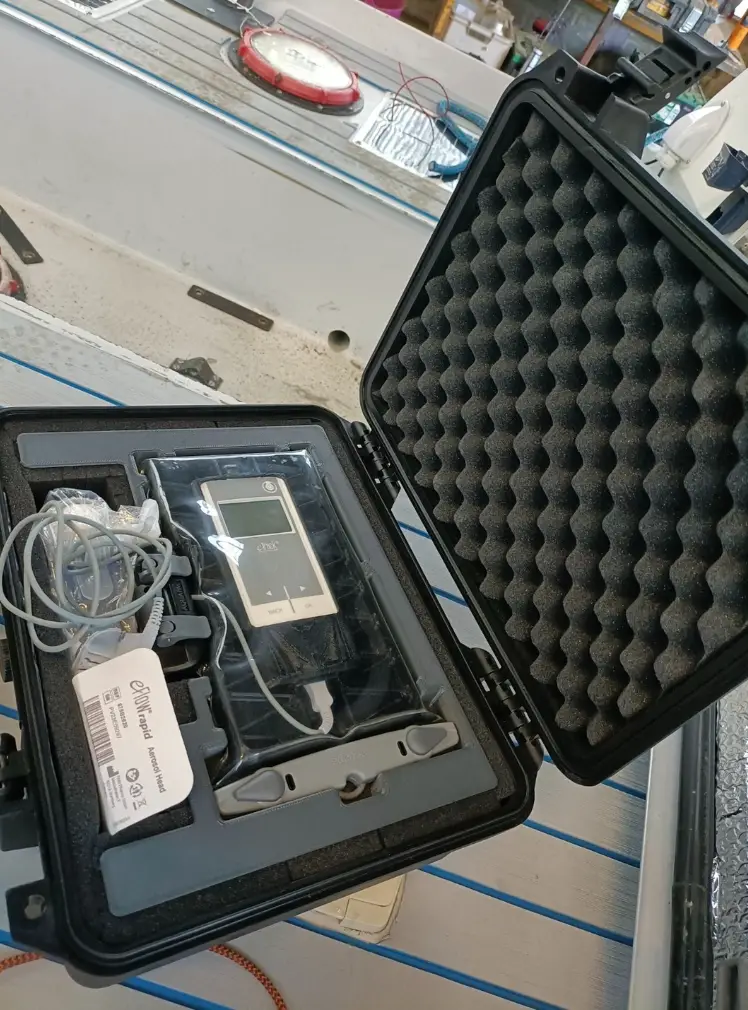
Sophie also had to consider the possibility of her becoming sick, with the likelihood of a chest infection that could jeopardise her health.
“We’ve had to think about what antibiotics I should have, as I couldn’t have the normal oral antibiotics because they make your skin really sensitive to the sun.”
“My consultants suggested taking antibiotics via an injection into my muscle. They are stronger than normal antibiotics, and our crew member Polly is used to administering them as a sexual health nurse. But that's not normal practise in CF care at all.”
The fundraising and planning has been an exhausting journey in itself.
“I haven’t been as available to my close friends and family, spending the past two years attending fundraising events. But picturing arriving across the Atlantic in Antigua has definitely helped me keep going.”
Now, Sophie, Janine and their two other crew members, Polly and Miyah, are in Canaries, waiting for the right weather conditions to begin rowing across the Atlantic.
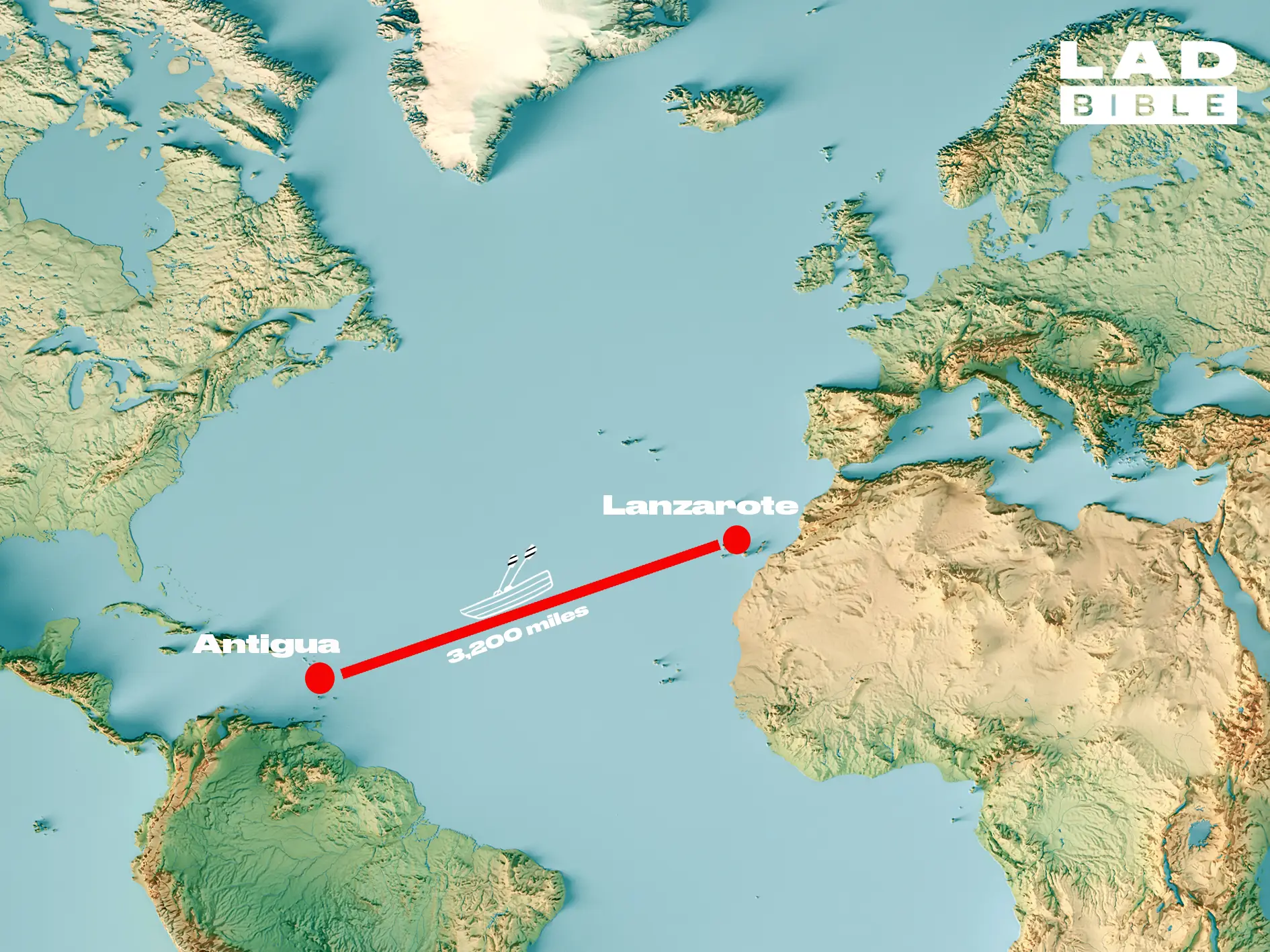
The unique challenges Sophie faces sailing with cystic fibrosis
Having done everything they can, there are still many obstacles to overcome on the row. Sophie recognises that, much like her cystic fibrosis, 'it's outside of my control, isn't it?'
“I don't know how lungs will react, if someone gets sick, if a marlin will put a big hole in the boat or something really important breaks. I can't control those things, but I've done everything I can to put myself in the best position to make it possible.
“I used to try to control everything, but now I’m willingly putting myself in a position where I will have little control. I know myself better and trust that however scary, I can handle whatever happens, even if that means failure. I'm proud that I'm able to do that now.”
Sophie undertaking this challenge is a historic moment for the treatment of cystic fibrosis, but there is still a long way to go, both for curing the disease and rowing the Atlantic.
“I’m terrified, and I don't actually know if it's possible. What I do know is I'm going to try.”
You can follow Sophie’s Atlantic row on Instagram, Facebook or via their website.
You can donate to their three chosen charities here.
Topics: Health, Extreme Sports, Mental Health, Travel
